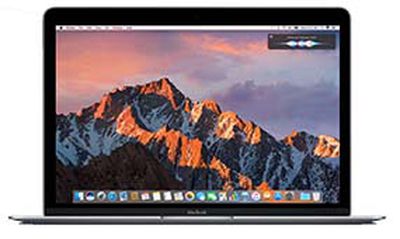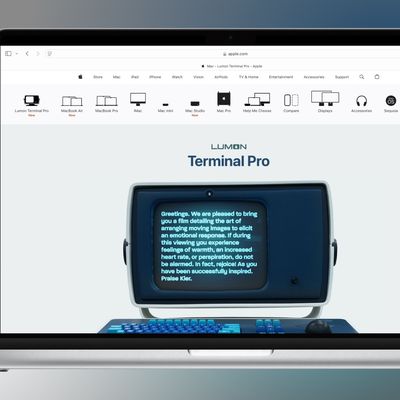 Apple today announced macOS Sierra, the latest version of its Mac software platform and renamed successor to OS X El Capitan. The first beta of the update was seeded to developers earlier today, while a public beta will be released in July.
Apple today announced macOS Sierra, the latest version of its Mac software platform and renamed successor to OS X El Capitan. The first beta of the update was seeded to developers earlier today, while a public beta will be released in July.
macOS Sierra will be available as a free software update for compatible MacBook, MacBook Air, MacBook Pro, iMac, Mac mini, and Mac Pro models in the fall. Many 2007 to 2009 Macs that are compatible with OS X El Capitan will not be upgradeable to macOS Sierra, as the cutoff is now at least Late 2009.
The official list of Macs compatible with macOS Sierra:
- MacBook
- iMac
- MacBook Air
- MacBook Pro
- Mac mini
- Mac Pro
To determine your Mac's model year, click on the Apple logo in the top-left menu bar and select About This Mac. The model year is listed in the main Overview tab.
Apple has shared the full video of its WWDC 2016 keynote, where it also introduced iOS 10 alongside new versions of watchOS and tvOS.























Top Rated Comments
Apple usually made drops for good reason. Dropping PPC Macs. Dropping 32-bit Macs (2007 MacBook with Core Duo). Dropping Macs without the GPU to run Metal well. And most recently, dropping support for 64-bit Macs that had 32-bit controller chips (2007 Mac Pro),l.
But this time it seems so...arbitrary. A 2008 MacBook isn't supported, but a Mac Mini with the same chipset is?
And to me, the worst is the removal of support for 2008/2009 Mac Pro's. These things were top to bottom 64 bit and outperform Apple's CURRENT Mini and MacBook lines, competing with low end current iMacs in multicore benchmarks. An eight core 3 GHz Xeon Mac Pro with a modern PCIe NVidia graphics card should absolutely be able to run Sierra.
While the answer may be that Apple didn't want to bother testing and supporting, it feels like a way to force users happy with their machines to upgrade. I get pushing a 2008 MacBook owner to modernize, but the Pro?
If progress were the reason, they would have made a consistent cut, based on discernible hardware constraints. Yet the late 2009 MacBook is still supported, while it has the same CPU, GPU and RAM as some older MacBook models or even MacBook Pro models of the same year. This appears to be an arbitrary policy choice, not based on hardware considerations.
That is not a reason. Do you think Apple should drop hardware just because it is time again to drop some?
My 2008 Mac Pro is eight core 2.8 GHz Xeon, 32 GB RAM, with a SSD and a GeForce 760 GTX. There's absolutely zero reason it couldn't run the latest OS.